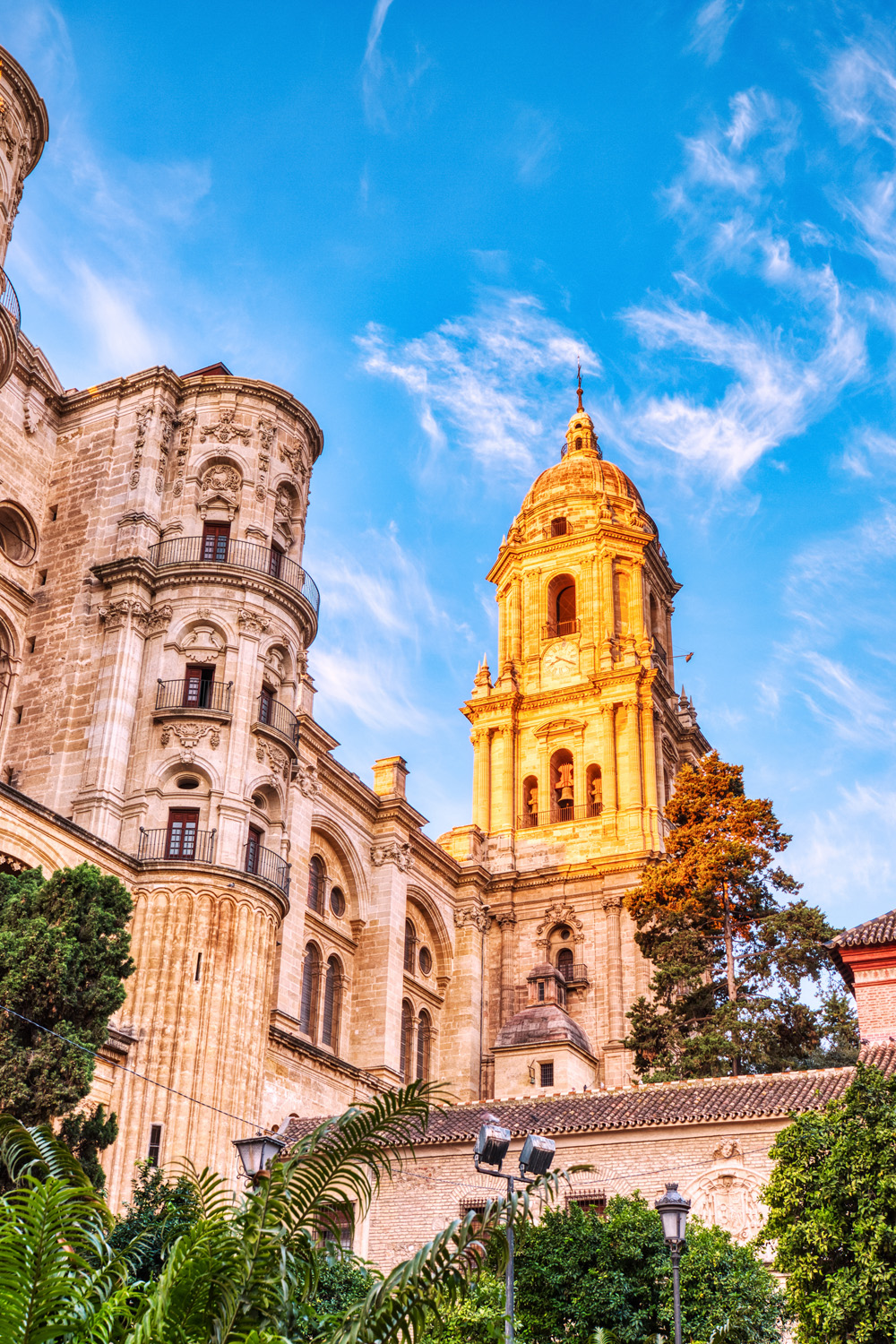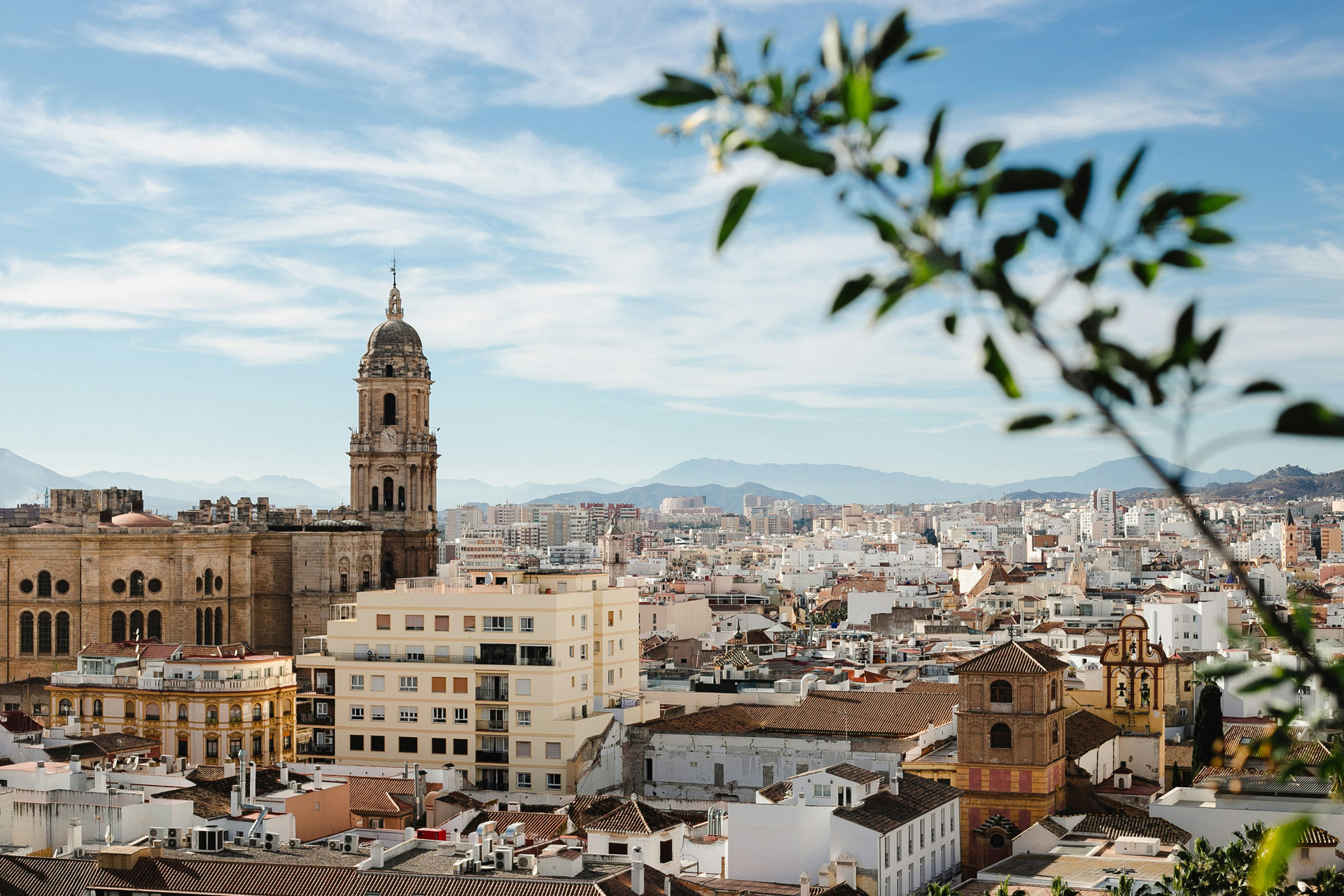
Has Spain Actually Banned Tourists?
By
3 months ago
The truth behind the headlines
This morning’s headlines are rife with speculation that one of Britain’s favourite holiday destinations has implemented a tourist ban: Spain. The news follows various crackdowns on overtourism across the world, often manifesting in a tourist tax; everywhere from New Zealand to Bali, Thailand to Spain’s very own Canary Island Gran Canaria have introduced a tax or toyed with the idea in recent years. So what’s the truth behind the headlines?
Spain’s New Tourist Ban Explained

Is Spain Banning Tourists?
No, Spain is not banning tourists, and the idea of a tourism ban is a very simplified summary of the full story. The truth is that Costa del Sol city Malaga has implemented a three-year ban on the registration of new holiday rentals, giving locals a better chance of securing long-term housing. The ban is targeted at and seeks to penalise money-grabbing property owners rather than tourists looking to book accommodation.
The holiday rental ban came into force on 14 January 2025, and is expected to last beyond the initial three year period written into law. The implementation follows rife anti-tourism sentiment in recent years, with demonstrations taking place across the country and similar bans already in place in Alicante and Madrid, with Seville set to follow suit. At present, tourists from anywhere in the world staying in a hostel, hotel, holiday apartment or campsite need to pay a tourist tax in the Balearic Islands (Majorca, Menorca, Ibiza, Formentera) and some parts of Catalonia, including Barcelona.
In notorious holiday hotspot Benidorm, stepping foot on the beach between midnight and 7am is totally banned in an effort to curb disorderly behaviour and drunk swimming when life guards are off-duty. Alcohol and smoking are also subject to a blanket ban on Benidorm beaches, with fines spanning £650 to £1,700.
What Does It Mean For Visitors?
This isn’t the end of the road for your Costa del Sol adventure: tourists will still be able to book hotels, Airbnbs and private holiday rentals in the Malaga area as normal. In fact, there are more than 13,000 registered holiday lets in the Malaga municipality to choose from.
However, the ban will retroactively affect some holiday flats: those registered after February 2022 that don’t have access to resources separate from permanent residences. These flats will have their licenses cancelled.
Is It Because Of Brexit?
If this news feels particularly pertinent from the UK, it’s because Malaga’s so-called ‘tourist ban’ follows the news that non-EU citizens buying property in Spain will soon be subject to 100 percent tax, whether the property is intended as a holiday home or a permanent residence. (Of course, this isn’t only targeted at the UK.) Likewise, holiday home owners in Spain will soon be subject to higher taxes, bumping up the price of rentals.
This all joins the post-Brexit decision that Brits cannot live, work or study in EU nations without a visa (akin to the rest of the world outside of the EU and Schengen area), impacting the estimated 1 million British expats living in Spain. While expats could previously visit Spain as frequently and for as long as they wished, they now need a visa to visit for more than 90 days within a 180 day period.
The Cause
Tourism is vital to Spain’s economy, generating more than €126 billion last year alone. But the result of gearing an economy towards tourism is leaving locals behind. Many Spaniards have taken to the streets in recent years, calling on the government to implement tougher measures to tackle the likes of overcrowding, poor infrastructure, a lack of town centre facilities for locals and, most importantly, a lack of affordable housing. In banning the registration of new holiday lets in Malaga for the next three years, the government has freed up vital accommodation for locals, who won’t need to compete with tourists to buy or rent a property. Funds from higher taxes are expected to be funnelled towards protecting the natural environment and historic city centre.
For the latest travel advice for Spain, visit gov.uk







